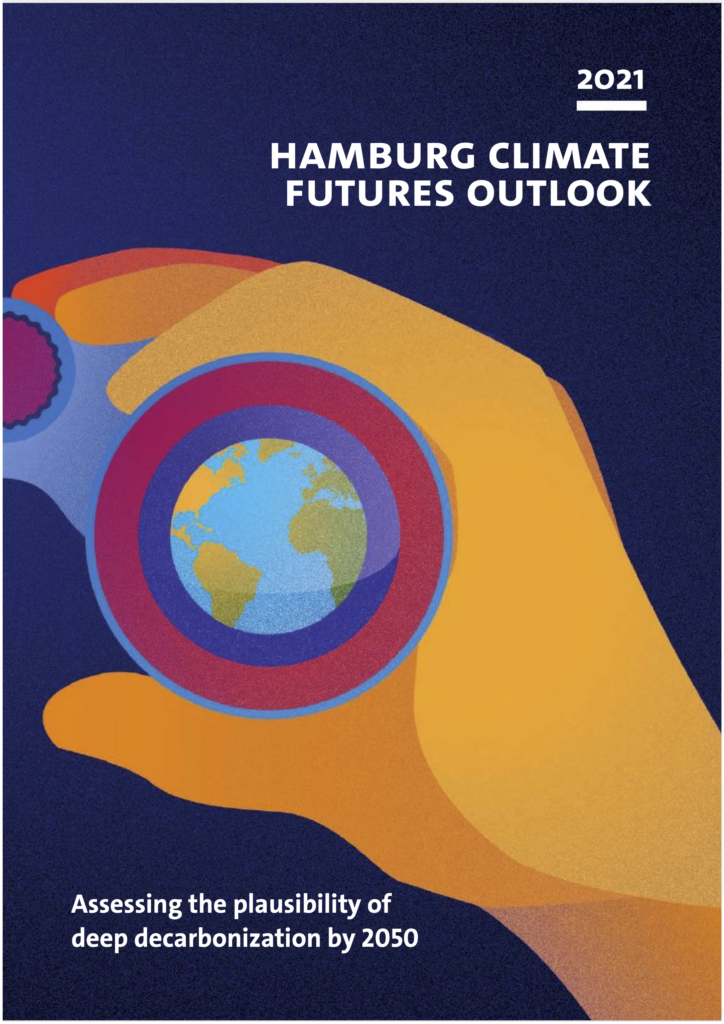Abstract
To what extent was Greta Thunberg a ‘polarizing figure’ on Facebook, in the period when she received the most extensive media attention? The paper analyses seven months of discussion concerning Thunberg and her message of intergenerational climate justice, using all relevant posts on public Facebook pages in Germany, Sweden, and the UK. We find that there are many similarities in the attitudes expressed and topics discussed on Facebook in the three countries; however, there are also some striking differences in the levels of polarisation. This comparative study provides evidence that the level of polarisation around these topics on Facebook is very low in Sweden and the UK, but high in Germany. In Germany, a group of political actors stand out as particularly polarising, and, in contrast to the other two countries, the topic of intergeneration justice, the core of Thunberg’s message, is almost absent from the German Facebook discourse. The study shows that Thunberg was not in general a polarising figure in the three European countries and that neither the affordances offered by the platform nor features of her person, message, or activism explain the observed polarisation around Thunberg on Facebook.
Elgesem, Dag; Brüggemann, Michael (2022): Polarisation or just differences in opinion: How and why Facebook users disagree about Greta Thunberg. In European Journal of Communication, 02673231221116179. DOI: 10.1177/02673231221116179.

